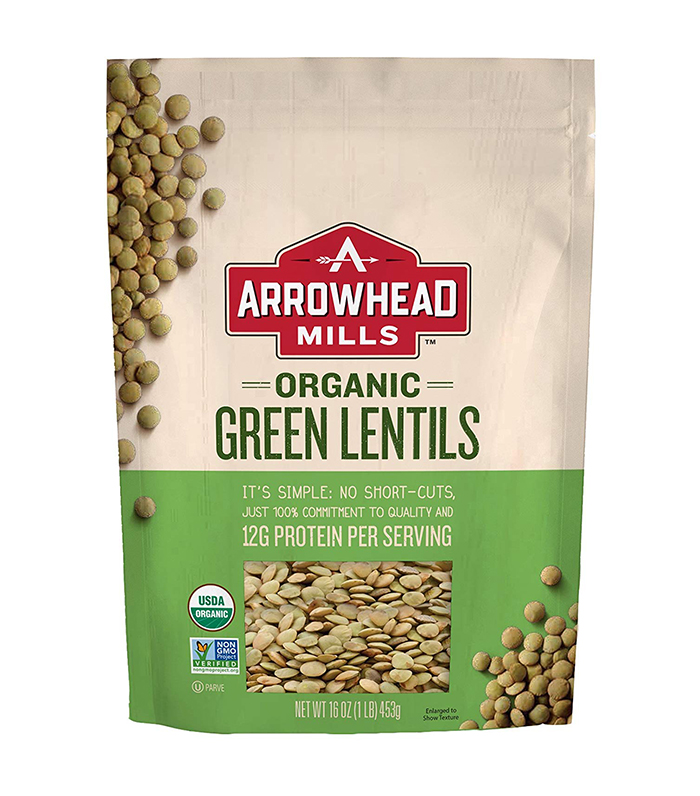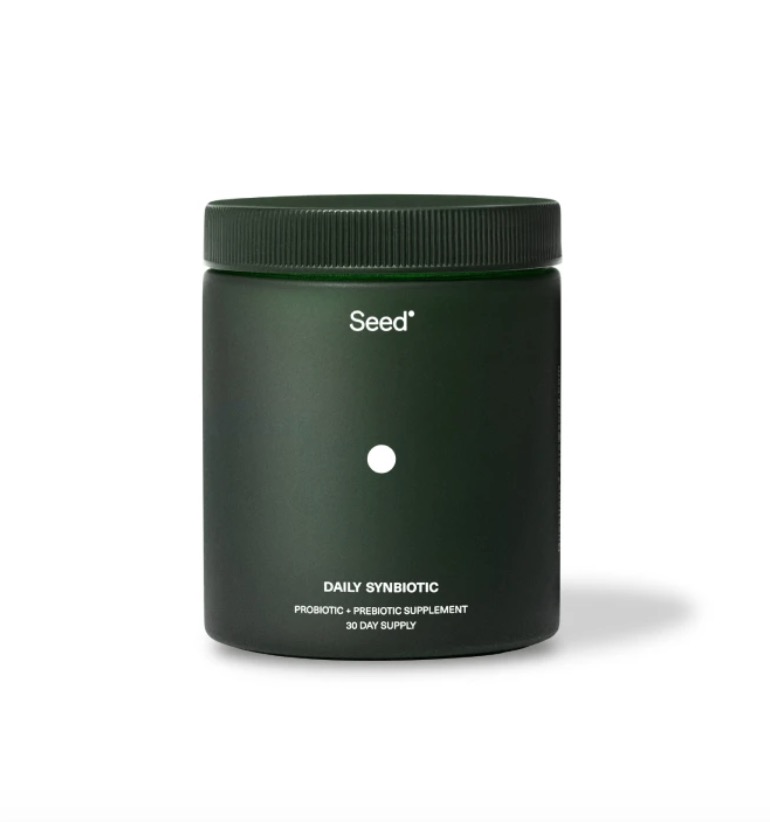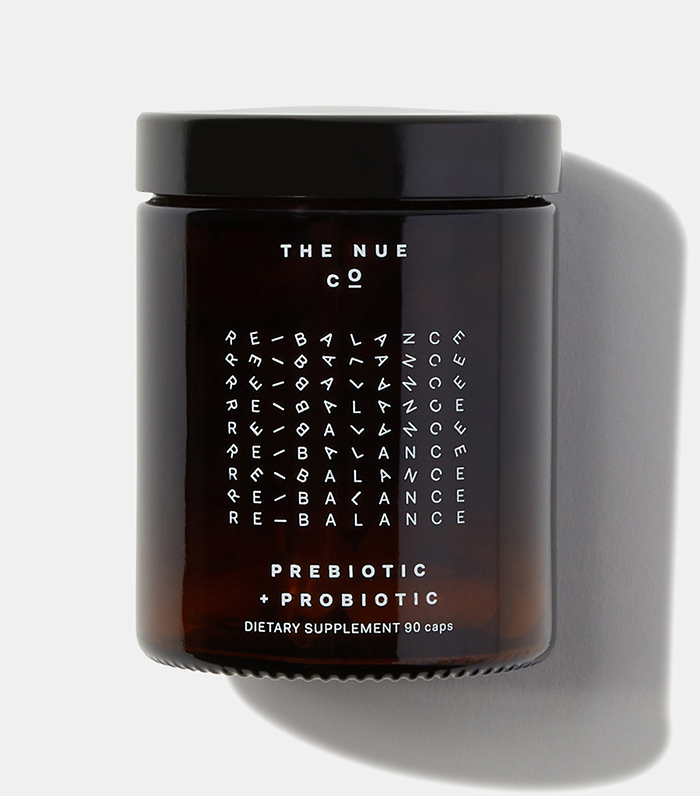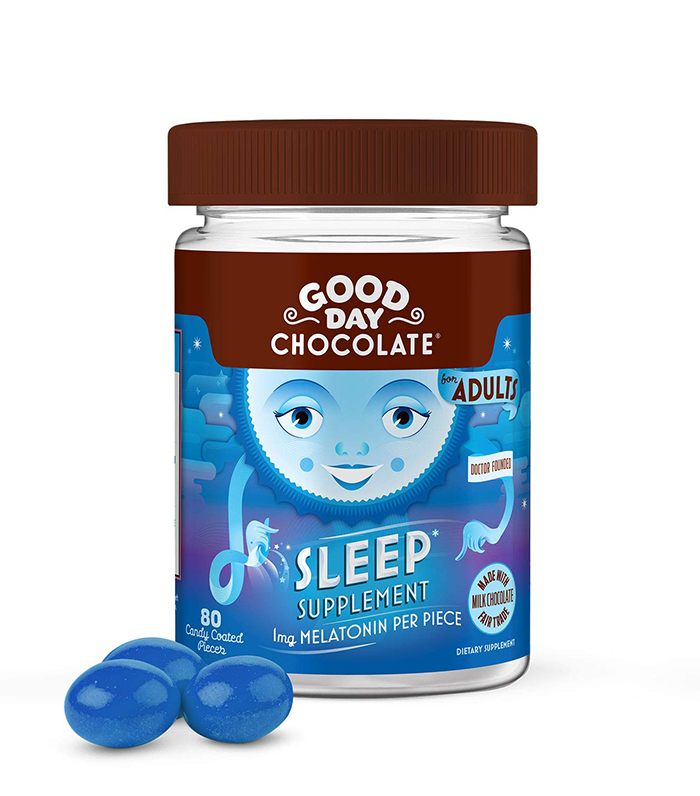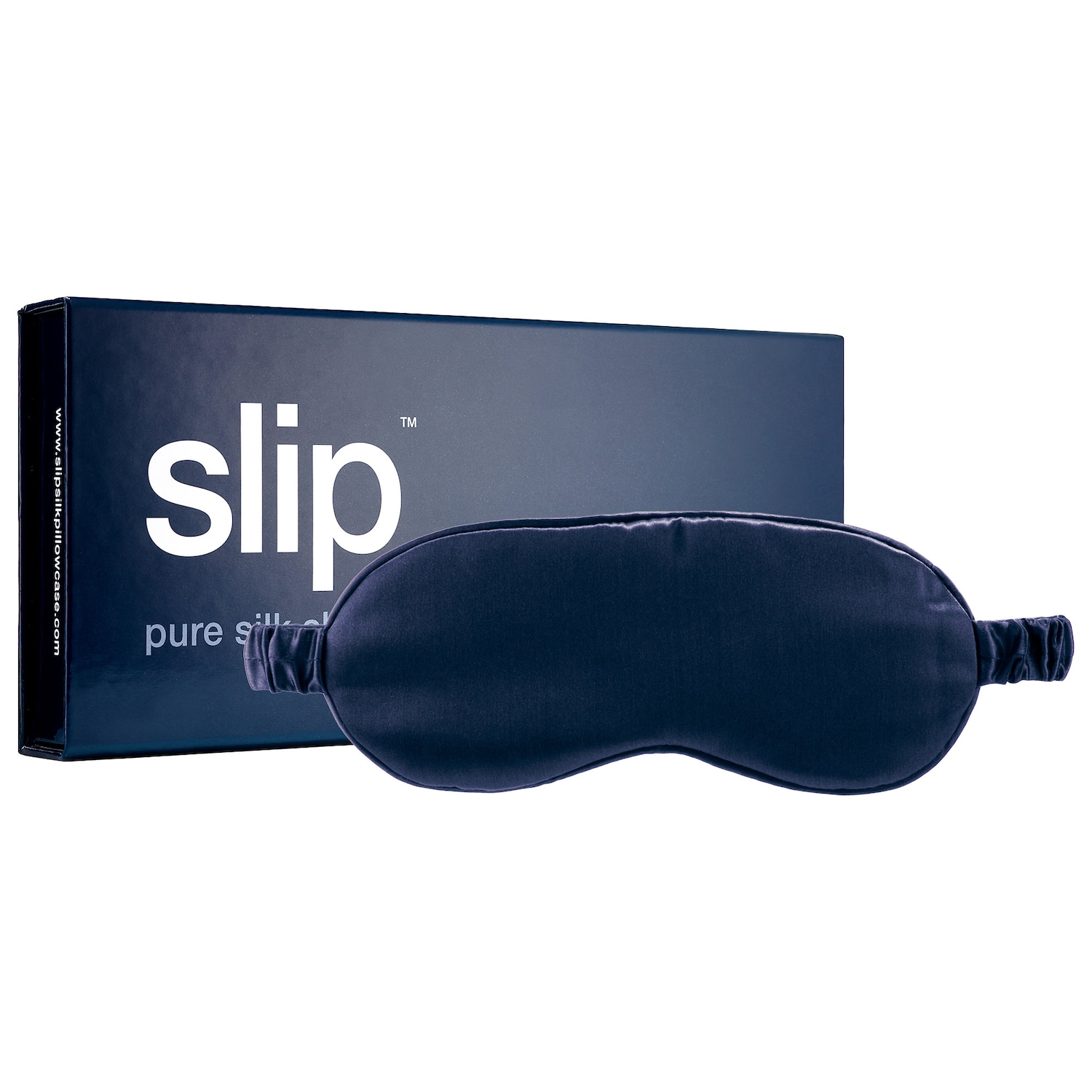The 4 Worst Things You Can Do for Gut Health, According to an Expert

The health-and-wellness world has been fixated on gut health for the past few years. But unlike so many passing dietary trends, this topic passes muster within the scientific community.
As Harvard Health reports, your unique bacterial makeup, collectively known as the gut microbiota, can have far-reaching effects. Certain "good" bacteria can even help metabolize nutrients from food and some medications; protect against intestinal infections; produce vitamin K, which helps make blood-clotting proteins; and even treat some diseases, like cancer, arthritis, and heart disease. Preliminary research also indicates that there may be a sort of gut-brain connection, suggesting that your gut may influence anxiety, depression, and overall mental health.

"This is a new frontier of medicine, and many are looking at the gut microbiota as an additional organ system," Elizabeth Hohmann of the infectious diseases division at Massachusetts General Hospital, told Harvard. "It's most important to the health of our gastrointestinal system but may have even more far-reaching effects on our well-being."
For additional gut health insight, we tapped Raphael Kellman, MD, a gut health expert and the founder of Kellman Wellness Center. Below, read up on the worst things you can do for your gut health, according to Kellman.
Don't: Eat Processed Foods

"Eating garbage and refined food is not good for your gut," Kellman tells us. "These foods can cause an imbalance in the microbiome and affect the critical collagen bacteria that keep our bodies healthy." High-fat, low-fiber foods like fast-food cheeseburgers and doughnuts can actually curb the growth of "good" bacteria in the gut, which in turn slows metabolism, inhibits immune function, and hinders the production of beneficial, inflammation-fighting fatty acids like butyrate.
Do: Eat a rich, varied diet consisting of fruits, vegetables, and whole grains. Doing so will cultivate a diversified gut flora that promotes mental, physical, and digestive health. You can also introduce pre- and probiotic-rich foods like lentils, beans, sauerkraut, kimchi, and yogurt into your diet to promote gut health.
Don't: Overuse Antibiotics

"The overuse of antibiotics can also adversely affect the gut, similar to how chemicals in processed foods can cause inflammation," explains Kellman. Antibiotics kill bad bacteria associated with infections like strep throat but unfortunately have an equal effect on good and bad bacteria. In other words, antibiotic use can "lead to harmful changes in the composition and diversity of the gut flora," with the effects lasting up to two years, reports Healthline.
Do: Take antibiotics as prescribed by your doctor, and supplement your microbiome with high-quality pre- and probiotics before, during, and after antibiotic use. Pre- and probiotic-rich foods can also help restore your gut microbiota.
Don't: Skimp on Sleep

As the backbone of mental and physical health, "poor or insufficient sleep can also wreak havoc on your gut health," explains Kellman. While research in this area is still preliminary, an eye-opening 2016 study found that short-term sleep deprivation may have negative effects on gut bacteria. Specifically, two days of sleep deprivation caused an increase in the strain of bacteria associated with weight gain, obesity, type 2 diabetes, and poor fat metabolism.
Do: Aim to clock a solid six to eight hours of sleep every night, for both your gut health and your overall well-being. High-quality shut-eye is linked to everything from increased productivity and happiness to healthier eating habits and increased athletic performance.
Don't: Smoke or Drink in Excess

The health risks associated with drinking and smoking cigarettes far surpass poor gut health. But studies show that problematic smoking and drinking can lead to a decrease in good gut bacteria and eventually a microbial imbalance. However, one study found that antioxidant-rich red wine can actually increase good bacteria in the gut, presumably due to the polyphenol content.
Do: Curb excessive and problematic drinking and smoking, whether you're concerned with gut health or not. Stick to red wine if you're looking to foster healthy gut bacteria.
This article is provided for informational purposes only and is not intended to be used in the place of advice of your physician or other medical professionals. You should always consult with your doctor or healthcare provider first with any health-related questions.
Kelsey Clark is a freelance writer and content strategist based in Detroit. She got her start in editorial in New York City as MyDomaine's lifestyle editor and has since gone full-time freelance. She now contributes toBest Knockoff Luxury Clothing , THE/THIRTY, Domino, Glamour, The Zoe Report, Apartment Therapy, and more, in addition to working with brands such as Bloomscape and EyeSwoon on content strategy and copywriting. She's written about fashion, interior design, health and wellness, pop culture, food, travel, politics, and professional development, but she'd consider the first three verticals her main "beats."

